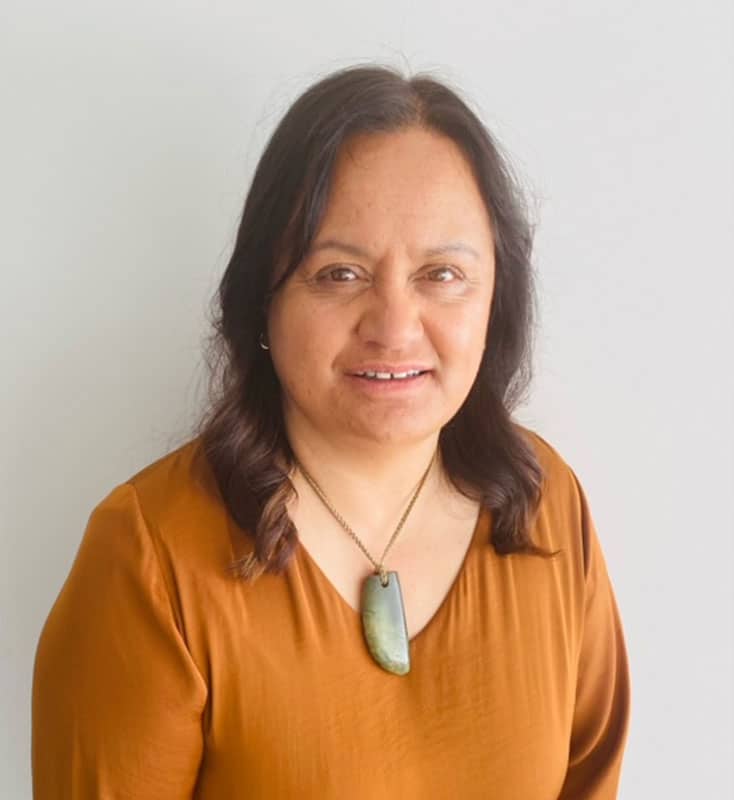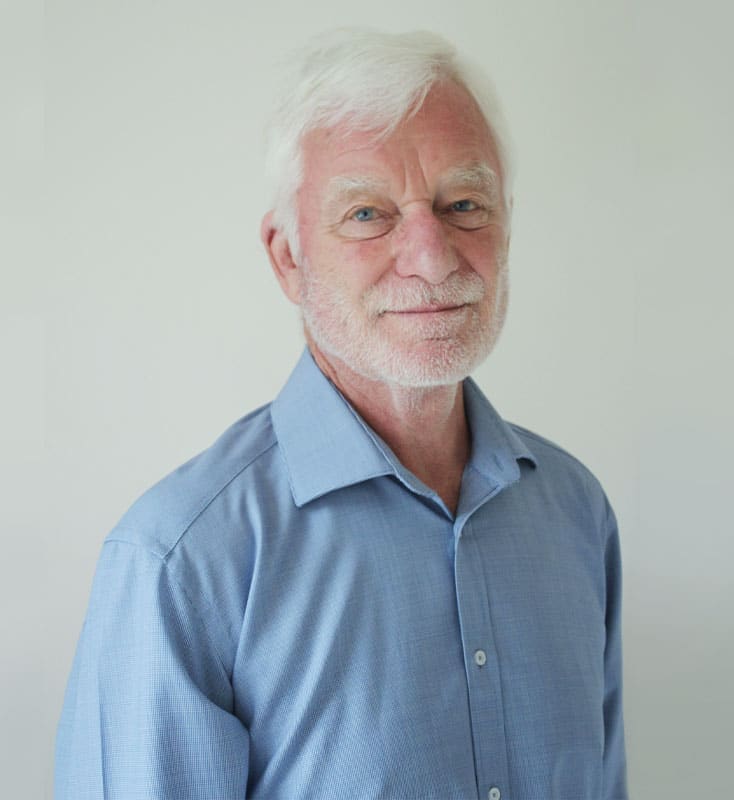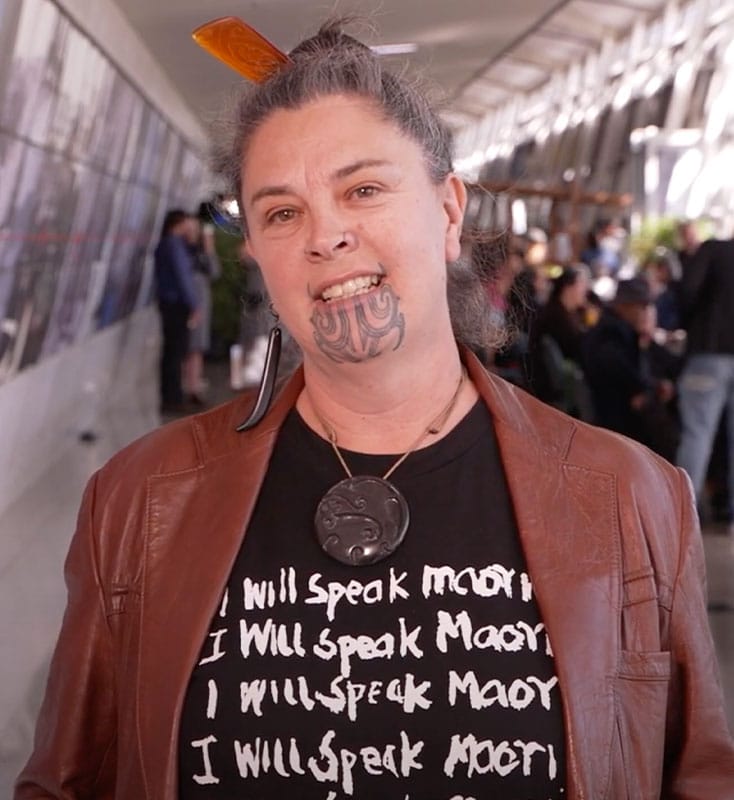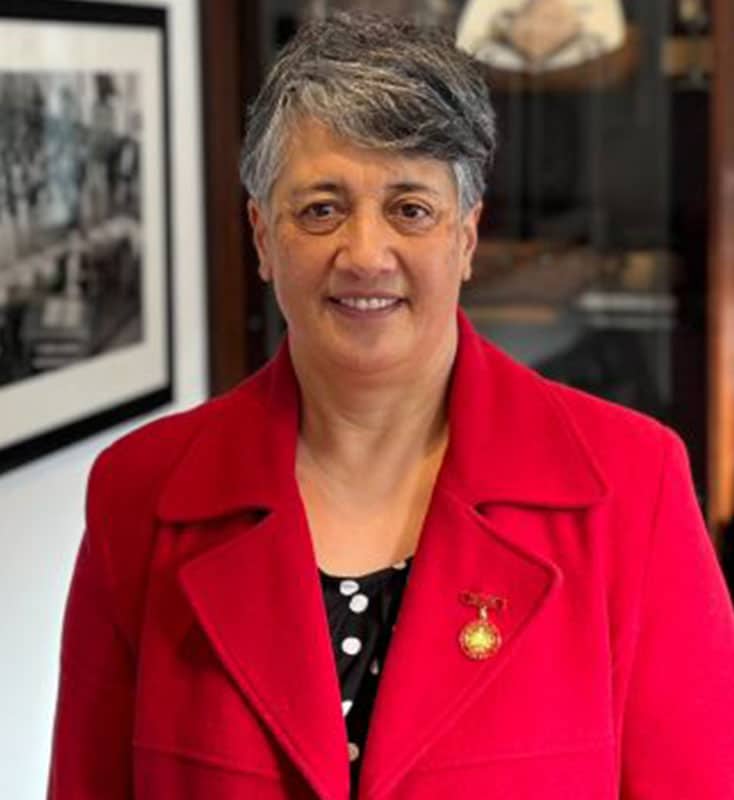Borell, B.
Culture Demography Society
In Liu, J., McCreanor, T., McIntosh, T., & Teaiwa, T. (Eds). New Zealand identities: Departures and destinations, , 191-206
2005
In this chapter, Borell explores the dynamics of cultural identity among young Māori living in South Auckland, offering a counter-narrative to the common perception of urban life as detrimental to the preservation of indigenous identity.
Borell’s research is grounded in qualitative interviews and personal experiences, providing a nuanced understanding of how young Māori navigate their cultural identity in an urban setting. The author challenges the stereotype that living in the city is inherently negative for Māori youth, instead presenting the city as a space where Māori identity can be actively maintained and expressed in diverse ways. As the author notes, Māori youth are sophisticated and experienced negotiators of their identity. Experienced in that ‘being Māori’ and the issue of identity per se is something that is very real to these young people and something they have given thought to prior to this study. Sophisticated in terms of the discursive and narrative tools employed to create positive identity markers while also reflecting a wider societal context of marginality. Borell’s work is particularly relevant for those studying urban Māori dynamics, youth culture, and identity formation in multicultural contexts. The chapter contributes to a broader understanding of how indigenous identities are not only sustained but also reshaped in urban environments, a topic that has significant implications for social policy and community development in New Zealand.










